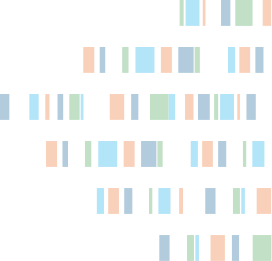Terrestrial orchids, particularly those in the Orchidinae tribe, are vital both culturally and economically, especially due to their edible tubers used in traditional dishes like ‘salep’. However, overexploitation in the Eastern Mediterranean and Western Asia poses a significant threat to these species, highlighting the need for effective monitoring tools. To address this, a custom bait kit has been developed for the enrichment and sequencing of 205 novel genetic markers specifically designed for phylogenomic research in Orchidinae s.l. Among these, 31 markers are linked to the production of glucomannan, a key polysaccharide in salep. Testing the kit on 73 local taxa yielded high locus recovery across species, outperforming existing alternatives in terms of sequence length. The phylogenetic analysis demonstrated robust support for numerous clades, including some previously unresolved lineages. While challenges remain in resolving hybrid and recently radiated species, further analyses utilizing multiple haplotypes and non-exonic sequences could enhance our understanding of their complex evolutionary history. Overall, the Orchidinae-205 markers represent an advanced resource for studying the evolution, systematics, and trade of terrestrial orchids, surpassing traditional barcoding methods.

Home » Orchidinae-205: A new genome-wide custom bait set for studying the evolution, systematics, and trade of terrestrial orchids
Publications
Orchidinae-205: A new genome-wide custom bait set for studying the evolution, systematics, and trade of terrestrial orchids
myBaits
Daicel Arbor Biosciences
5840 Interface Dr. Suite 101,
Ann Arbor, MI 48103
1.734.998.0751Ann Arbor, MI 48103
©2025 Biodiscovery LLC
(d/b/a Daicel Arbor Biosciences)
All Rights Reserved.
(d/b/a Daicel Arbor Biosciences)
All Rights Reserved.

 Bluesky
Bluesky